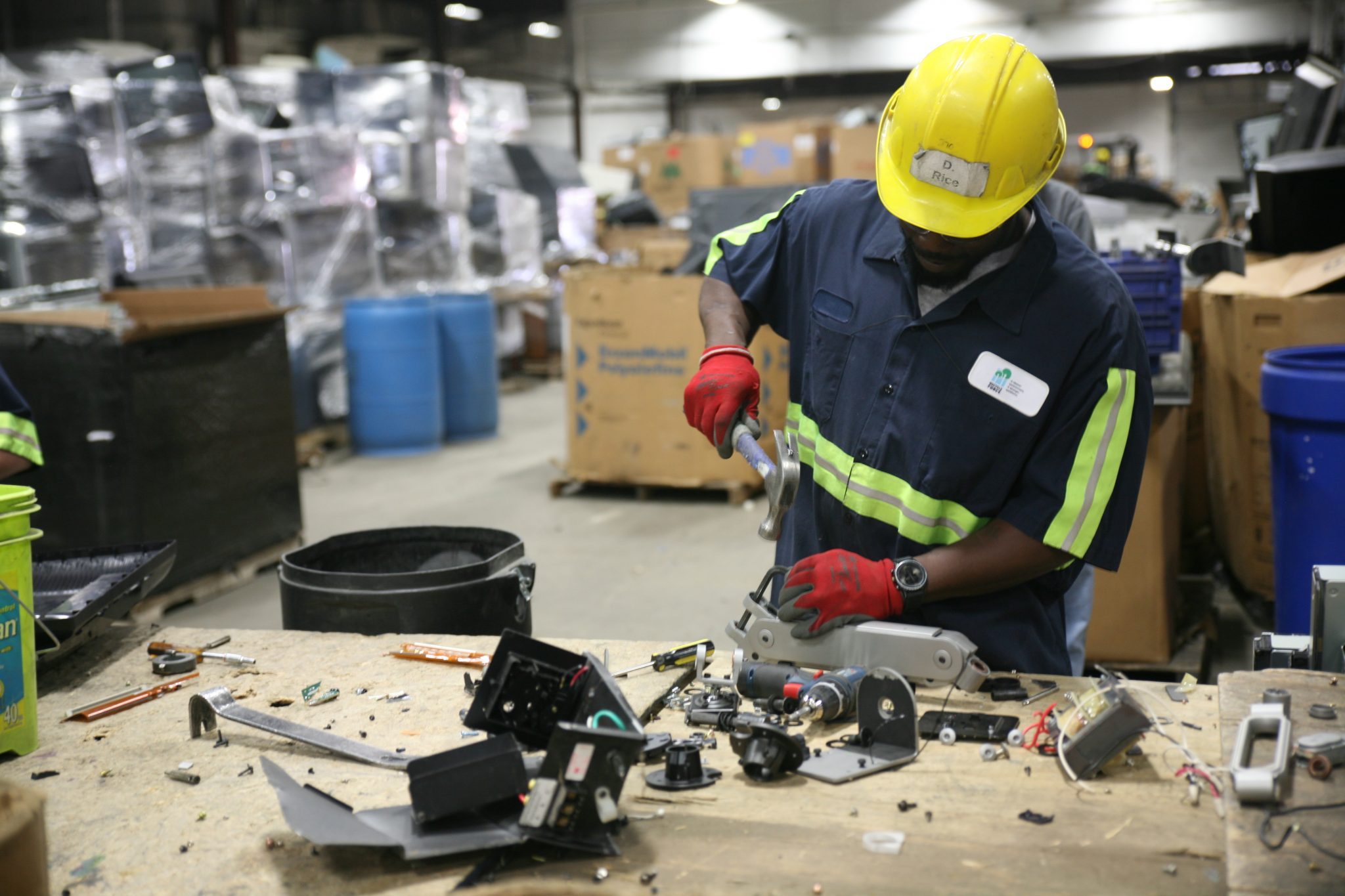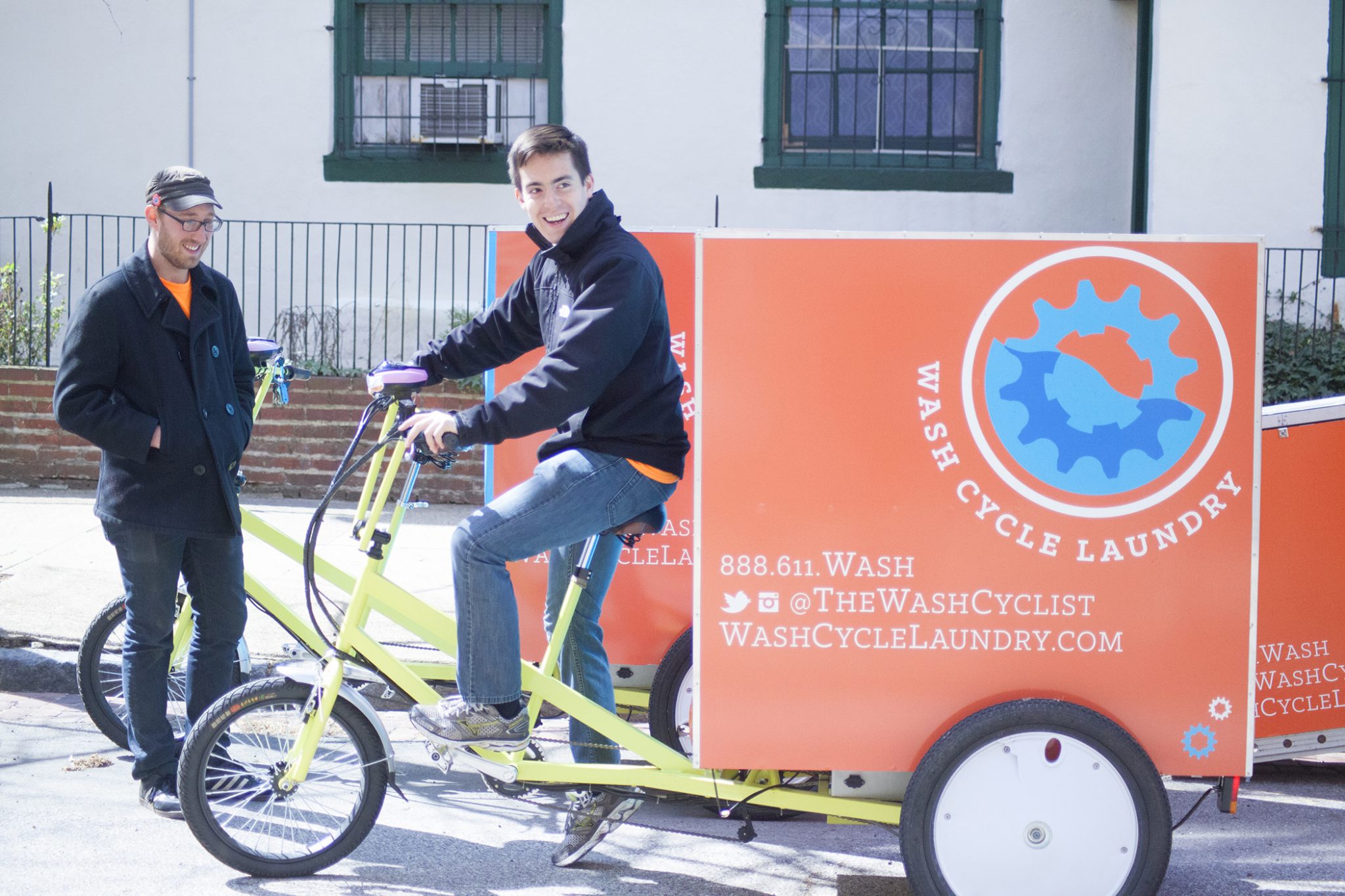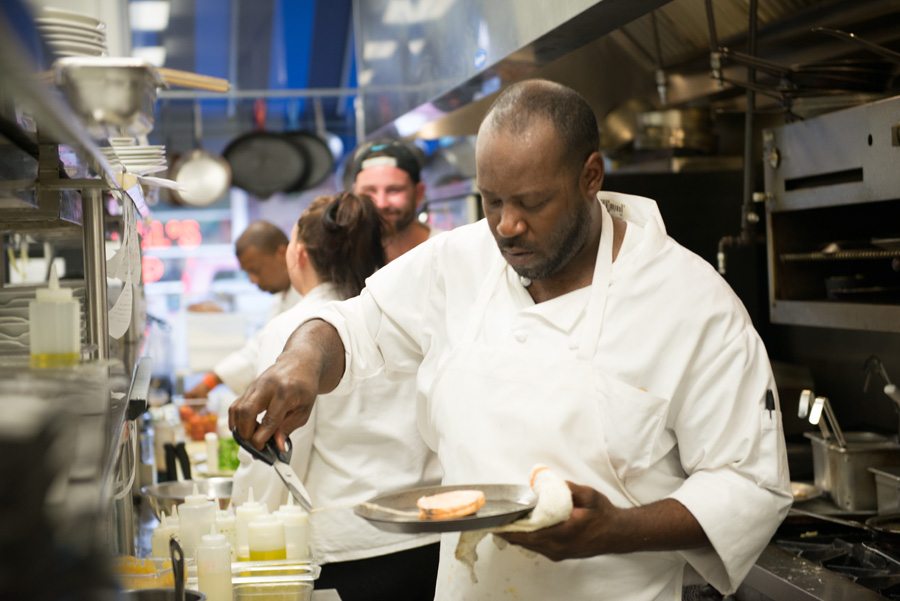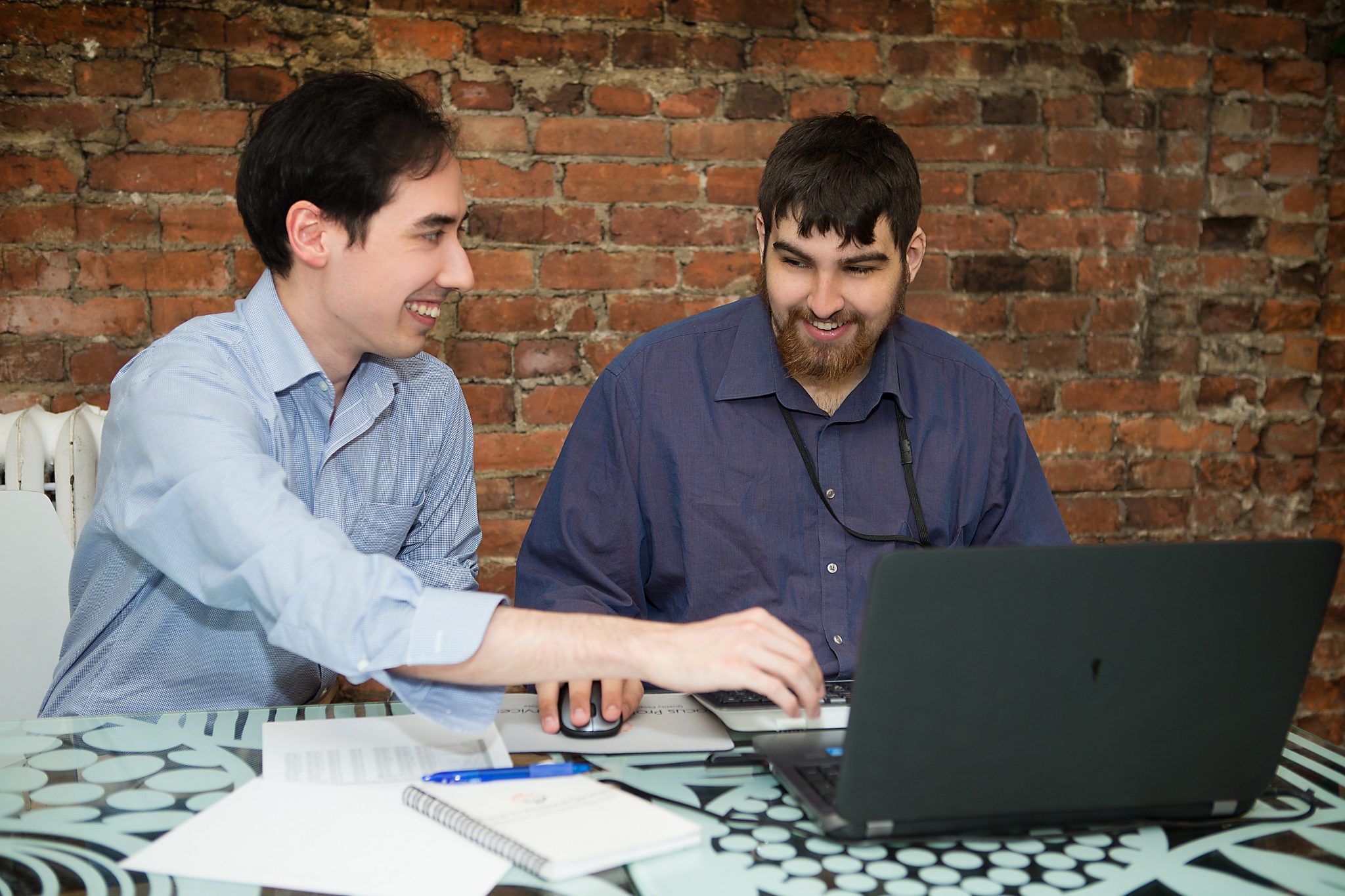While the current US unemployment rate suggests that the job market is quite strong, finding a job isn’t equally easy for everyone, and for some populations, it’s chronically downright tough. For example, while more than 650,000 ex-offenders are released from prison every year, some survey data suggests that more than half of them remain unemployed up to a year later. Meanwhile, the unemployment rate for people with a disability of some kind is double that of the general population. And those are just some of the populations we have statistics on. Recovering addicts and the former homeless, for example, also find it hard to become employed, but we don’t have data on how hard.
State, local, and federal governments sometimes create programs to help these groups, but businesses can also use creative tools to get people back to work. Here are five social enterprises using the mechanisms of business to tackle the employment issue in their communities.

1. East Van Roasters
> Vancouver, BC > Founded 2013 > 10 Employees
Making fresh bean-to-bar chocolate and coffee sourced directly from organic farms might be enough of a mission for some businesses. But East Van Roasters (EVR) also provides dignified work and training opportunities to women living in the Rainier Hotel, a 41-bed addiction treatment center and supportive long-term housing facility that houses EVR on its ground floor.
“By providing a positive, socially conscious, healthy presence, we are able to share in the joy of chocolate making, coffee roasting, baking, and food services roles,” says Shelley Bolton, EVR’s managing director. “This shift in public perception through personal experience is a powerful and unique form of advocacy.”
So far, 24 women have graduated from the program. “Their stories are all unique,” says Bolton, “but we have had women find stability and community, move on to full-time employment, go on to post-secondary school, regain physical and mental health, be reunited with family and children who were in foster care, and move into independent housing.”
 2. RecycleForce
2. RecycleForce
> Indianapolis, IN > Founded 2006 > 85 Employees
RecycleForce creates job training and employment opportunities for formerly incarcerated people by delivering fee-based electronics recycling services to businesses and selling the scrap metals and other reusable materials it reclaims.
“We are in the recycling business, which inherently allows for the reclamation of value from discarded electronics,” says Gregg Keesling, the company’s founder and president. “But we are in business primarily to provide men and women the opportunity to reclaim the value in their lives.” RecycleForce generates about 50 percent of its funding in earned revenue; the other half comes from federal, local, and foundation grants and other charitable giving.
The company is part of an ongoing randomized study by the US Department of Labor to understand this kind of program’s effect on helping people transition out of the prison system. Early results are encouraging, showing increased earnings, lower recidivism, and higher child support payments among people involved in the program as opposed to a control group. “A good community is one that can embrace those who have made mistakes and allows their talents and voices to be heard,” says Keesling.
 3. Wash Cycle Laundry
3. Wash Cycle Laundry
> Philadelphia, PA, & Washington, DC > Founded 2010 > 45 Employees
Pedal-powered laundry service Wash Cycle has three overlapping missions:
- To be a launchpad into upwardly mobile careers for job-seekers with high barriers to employment, especially those with histories of incarceration
- To prove that bikes are commercially viable for intra-urban freight delivery
- To provide ultra-responsive commercial laundry services to urban customers from neighborhood businesses to major hotel chains
Almost all of Wash Cycle’s staff is promoted from within, and the business has “returning citizens” (i.e., formerly incarcerated people) in positions at every level of the organization, including on the executive team. “There is nothing better than working every day to create a place where people whose skills might otherwise have been overlooked can thrive,” says CEO and founder Gabriel Mandujano. “Wash Cycle is a work in progress, but every day I get to work with people who have traveled an enormous distance to get where they are, and nothing could make me more excited to do what I do.”
 4. EDWINS Leadership & Restaurant Institute
4. EDWINS Leadership & Restaurant Institute
> Cleveland, OH > Restaurant opened 2013 > 14 Employees
EDWINS Leadership & Restaurant Institute is a nonprofit that, by day, gives formerly incarcerated adults education in the culinary and hospitality arts. By night, students put what they’ve learned into practice serving traditional French cuisine in a fine-dining atmosphere. The restaurant makes enough of a profit to pay for its own operations and about 25 percent of the school’s programming expenses.
EDWINS’ main measure of success is preventing recidivism for its graduates. As of May 2017, only two of the 177 graduates had returned to prison — a recidivism rate of less than 1.3 percent, which is significantly lower than the national average of 43 percent and Ohio’s rate of about 27 percent. “Additionally, our graduates are highly trained and sought-after,” says general manager Jordan Levine. “We have at least a 95 percent job placement rate for each class within 30 days of completing the program.” Up next: a butcher shop opening in 2018, and farther into the future, hopefully a bakery, cheese shop, fishmonger, and more.
“By welcoming guests to enjoy exquisite food and wine,” says Levine, “we give each diner an opportunity to overcome biases and form new opinions about people who have been to prison. It’s hard to continue seeing someone only as a former felon when they are presenting you with Caneton de Rouen à la Presse or suggesting a wine pairing with your cheese course.”
 5. Focus Professional Services Inc.
5. Focus Professional Services Inc.
> Vancouver, BC > Founded 2014 > 11 Employees
Carol Simpson, Focus’s founder and CEO, has two adult sons on the autism spectrum. Sick of watching them struggle to find their place in the world, she harnessed her career experience in the IT services sector to create a consulting business that hires and trains people on the autism spectrum as software testers and data quality technicians.
“Our clients are businesses that have a software development department or rely on clean, validated data,” says Simpson. “We teach them how to work productively with our employees. Our clients then benefit from our employees’ logical and critical thinking abilities, accuracy, productivity levels, and perseverance.” Focus now employs 12 individuals with autism, is already profitable, and has a growing client base and cash flow. “I want to contribute to embracing, accepting, and normalizing neurodiversity as part of the human condition,” says Simpson.




